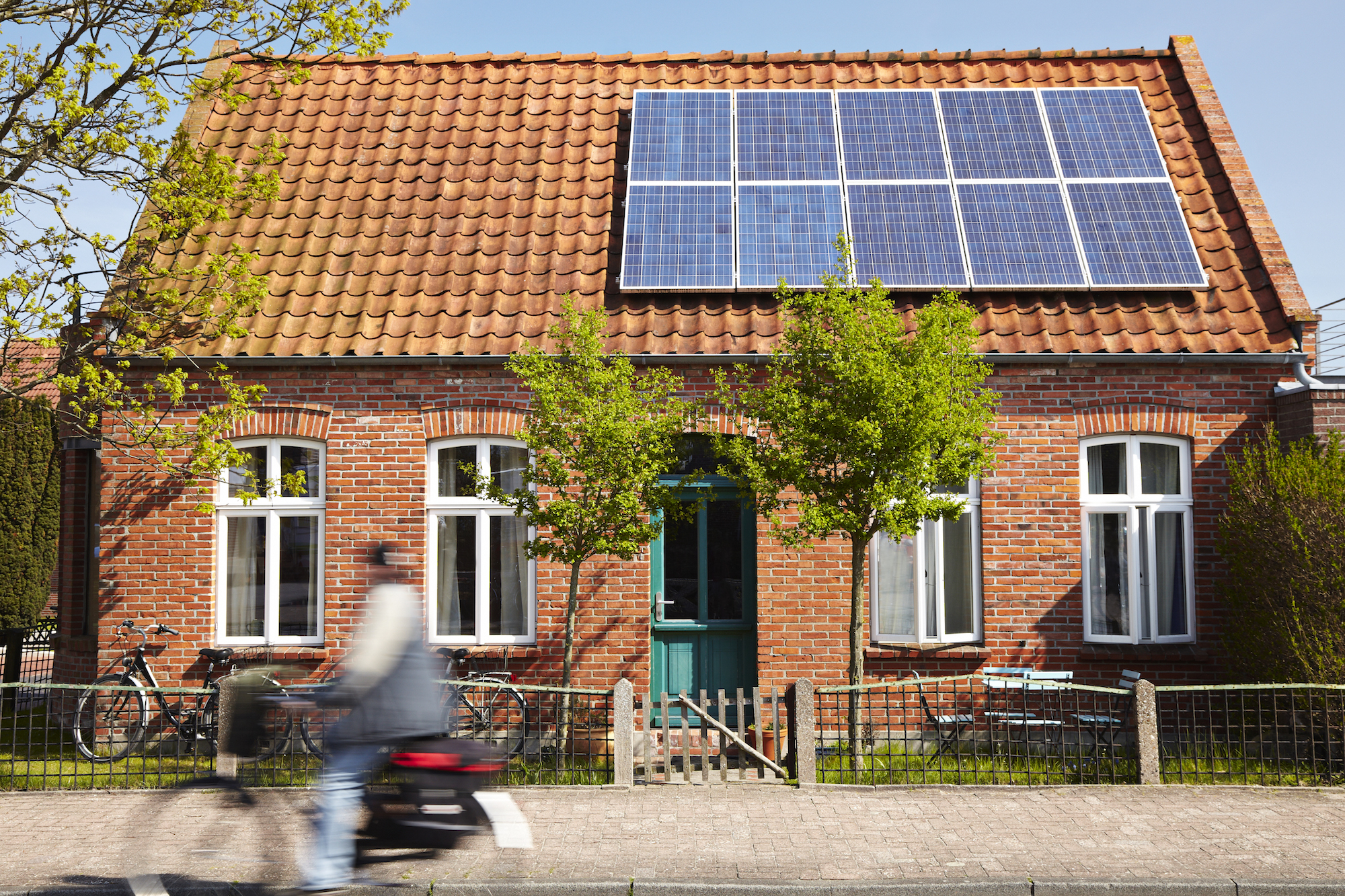5 takeaways for letting agents from the Spring Statement 2022
The Chancellor announced new measures to combat the cost of living crisis in the UK in the Spring Statement 2022, including removing VAT on energy saving materials for homes; an increase to the National Insurance threshold; changes to business rates relief; and increases to the government's household support fund.
The Goodlord team
Mar 23, 2022
Zero percent VAT on energy saving materials for homes; an increase to the National Insurance threshold; changes to business rates relief; and increases to the government's household support fund were among the measures announced in Chancellor Rishi Sunak's Spring Statement 2022 to support people and businesses with the cost of living crisis. Sunak says that these measures will "put billions back into the pockets of people across the UK", providing "immediate help with the rising cost of living" while giving businesses "better conditions to invest and grow."
What's the background to the Spring Statement 2022?
The cost of living crisis in the UK is deepening, with prices rising across the board for daily expenses. The Resolution Foundation has estimated that inflation this year and next could cause the biggest annual fall in household income since the 1970s.
Average rents in England have risen by 6% compared to March last year according to the latest data from Goodlord's Rental Index, and the energy price cap increase of 54% in April 2022 is expected to jump again when it's reviewed in October, with the energy crisis exacerbated by the conflict in Ukraine. Interest rates are also now rising to 0.75%, to compensate for rising inflation, which will impact the mortgage payments of many buy-to-let landlords.
What support was announced for energy efficiency improvements?
The Chancellor announced that VAT on energy saving materials installed in residential properties throughout the UK will be reduced from 5% to zero for the next five years from 1 April 2022. According to the Value Added Tax (Installation of Energy-Saving Materials) Order 2022, applicable energy saving materials include:
- insulation for walls, floors, ceilings, roofs or lofts or for water tanks, pipes or other plumbing fittings
- draught stripping for windows and doors
- central heating system controls (including thermostatic radiator valves
- hot water system controls
- solar panels
- wind turbines
- water turbines
- ground source heat pumps
- air source heat pumps
- micro combined heat and power units
- boilers designed to be fuelled solely by wood, straw or similar vegetal matter
The government has also proposed improvements private rental sector minimum efficiency standards, which are expected to benefit "over 2 million households in England and Wales, helping them save on their energy bills and significantly reducing fuel poverty in the private rented sector".
The government also announced it will be expanding the Energy Company Obligation to £1 billion per year for four years from 2022, requiring energy suppliers to improve the energy efficiency of low-income homes.
What changes were announced for National Insurance threshold and income tax?
The amount people can earn before paying National Insurance will increase to £12,570 in July, which will save a typical employee £330 in the year from July. The Chancellor noted that it would be "the largest increase in a basic rate threshold ever, and the largest single personal tax cut in a decade." Of those set to benefit from the threshold increase, 2.2 million people will no longer pay National Insurance altogether. Sunak also announced the basic rate of income tax will be cut by 1p in the pound in 2024.
What other support was announced for vulnerable households?
Sunak announced that the government will double the funding available to councils to support vulnerable households to £1 billion, which will be made available from April 2022. Fuel duty on petrol and diesel will be cut by 5p per litre, effective from 6pm on 23 March 2022, lasting until March 2023, which Sunak says is "the biggest cut to all fuel duty rates ever", and means that "a one-car family will now save on average £100".
These measures are on top of those already announced by the Chancellor in recent months, including a £9 billion energy bill rebate package, worth up to £350 each for around 28 million households, an increase to the National Living Wage, worth £1,000 for full time workers, and a cut to the Universal Credit taper, worth £1,000 for two million families.
What changes were announced to business relief?
The Employment Allowance – a relief which allows smaller businesses to reduce their employers National Insurance contributions bills each year – will be increased from £4,000 to £5,000 from 6 April 2022. Sunak says that the cut will be "worth up to £1,000 for half a million smaller businesses".
The Chancellor also announced two new business rates reliefs will be brought forward by a year, coming into effect in April. There will be no business rates due on a range of green technology used to decarbonise buildings, including solar panels and batteries, whilst eligible heat networks will also receive 100% relief.
Together, Sunak says these measures are set to "save businesses more than £200 million over the next five years".




.jpg)
